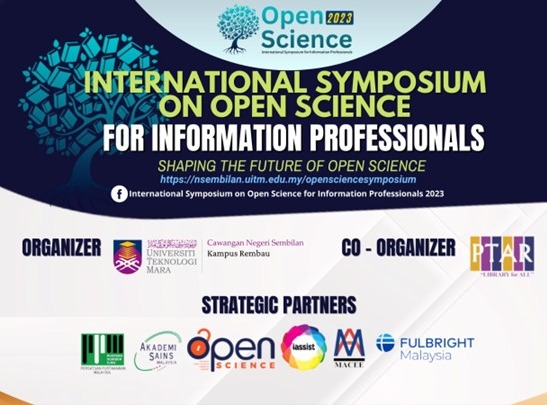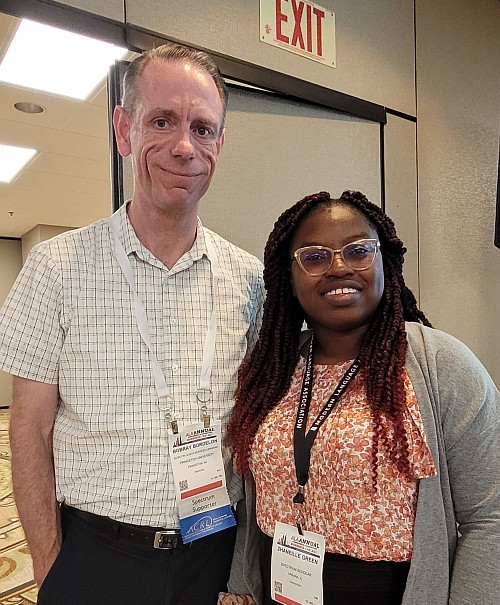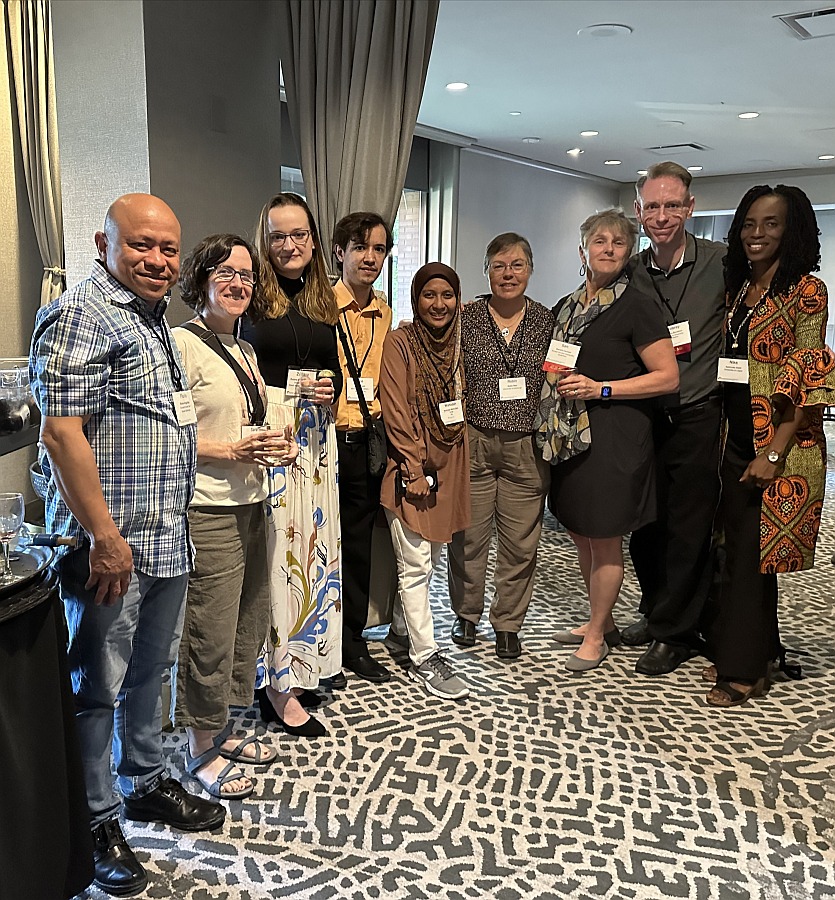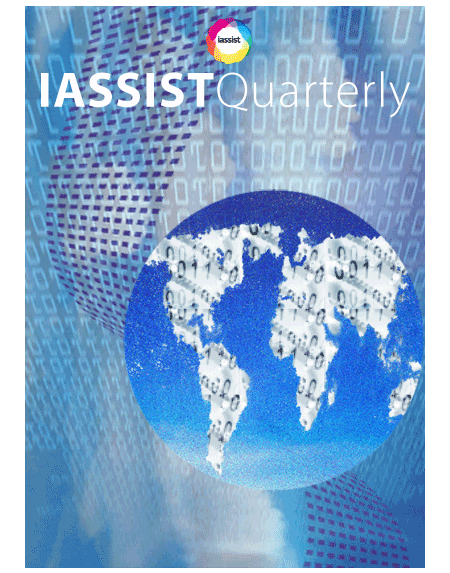
IASSIST Program Sponsorship: International Symposium on Open Science in Malaysia
August 14, 2023
Greetings IASSISTers! For most North American Universities and Colleges, we are in end-of-academic-year-phase - which finds us gearing up for the rush of summer conferences and workshops; it’s time to retool and/or share our expertise with the world! In Malaysia, March is one of 2 annual mid-semester breaks in which academic staff must attend to their non-teaching responsibilities – so this is when I spent a couple of weeks touring Malaysian Universities and giving general talks on Open Science to students, librarians, lecturers and researchers, and to some administrators as well.







